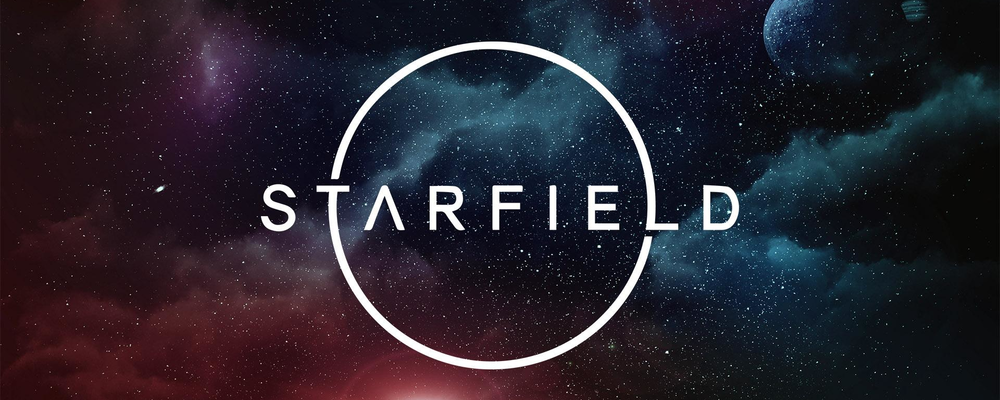Starfield, Bethesda's latest addition to their repertoire of games, presents a new universe filled with fresh mechanics and unique features. Despite being developed by the same studio that brought the Fallout series to life, Starfield moves in a different direction, offering a distinct gaming experience. This article delves into the key differences between this new intellectual property and the well-loved Fallout series.
Expansive Universe versus Post-Apocalyptic Wasteland
The first notable difference lies in the scale of the game world. While Fallout 4's Commonwealth provided a vast landscape filled with opportunities for exploration, the sheer magnitude of Starfield's open-world galaxy makes the Fallout maps appear minuscule in comparison. This expansive game world significantly impacts Starfield's narrative pacing and the players' approach towards exploration, setting it apart from the Fallout gaming experience.
Engage in Skills-Based Leveling and Lockpicking Challenges
The leveling system in Starfield is another aspect that distinguishes it from its Fallout counterparts. In contrast to Fallout 4's straightforward system, where perk points can be spent according to the player character's level, Starfield requires players to complete challenges related to specific skills to level up. This skills-based approach calls for regular use and mastery of the skills players wish to upgrade.
Lockpicking in Starfield also takes a new turn. Unlike Fallout 4's simple yet satisfying lockpicking mini-game, Starfield introduces a novel mini-game where players must align digipack lines to correct slots on the lock. This new mechanic demands careful planning and attention to detail, adding a layer of complexity to the gameplay.
Tone and Story Pacing: A Shift Towards Grounded Realism
Story tone is another significant area where Starfield diverges from the Fallout series. While Fallout games are known for their mix of dark humor and silliness, Starfield takes a more grounded approach. The narrative and characters are more serious, and while humor still exists, it's less prominent.
Furthermore, the main story pacing in Starfield is vastly different from that of Fallout 4. While Fallout 4's main plot creates a sense of urgency, Starfield allows players to meander through the game at their own pace without the main storyline interfering with the myriad of side quests available.
Building Expansive Cities and Making Meaningful Choices
When it comes to settlements, Starfield takes a leap ahead of Fallout 4. The new game features larger cities, with the likes of New Atlantis being ten times bigger than Fallout 4's Diamond City. This attention to detail and scale enhances the immersiveness of Starfield and provides a richer gaming experience.
Starfield also presents a stark contrast in terms of player choices. While Fallout 4 was criticized for its lack of meaningful choices, Starfield offers complex questlines that demand difficult decisions from players. These choices have significant consequences for the characters involved, making the gameplay more engaging and dynamic.
Combat Mechanics and Character Design: A Leap Into the Future
The combat mechanics and character design in Starfield also differ significantly from Fallout. Rather than featuring a power armor equivalent as in Fallout 4, Starfield introduces unique gravitational powers. This new mechanic gives the game a distinct feel and sets the stage for different combat scenarios.
Finally, Starfield's silent protagonist is a significant departure from Fallout 4's voiced main character. This shift allows for a wider variety of dialogue options and a more flexible character backstory, reflecting a stronger emphasis on RPG mechanics.
Despite these differences, Starfield still carries the hallmarks of a Bethesda game, taking lessons from the Fallout series while boldly carving out its own path. It's a testament to the evolution of Bethesda's game development approach, offering a fresh experience that both new players and long-time Fallout fans can enjoy.


Leave a comment
Your comment is awaiting moderation. We save your draft here
0 Comments